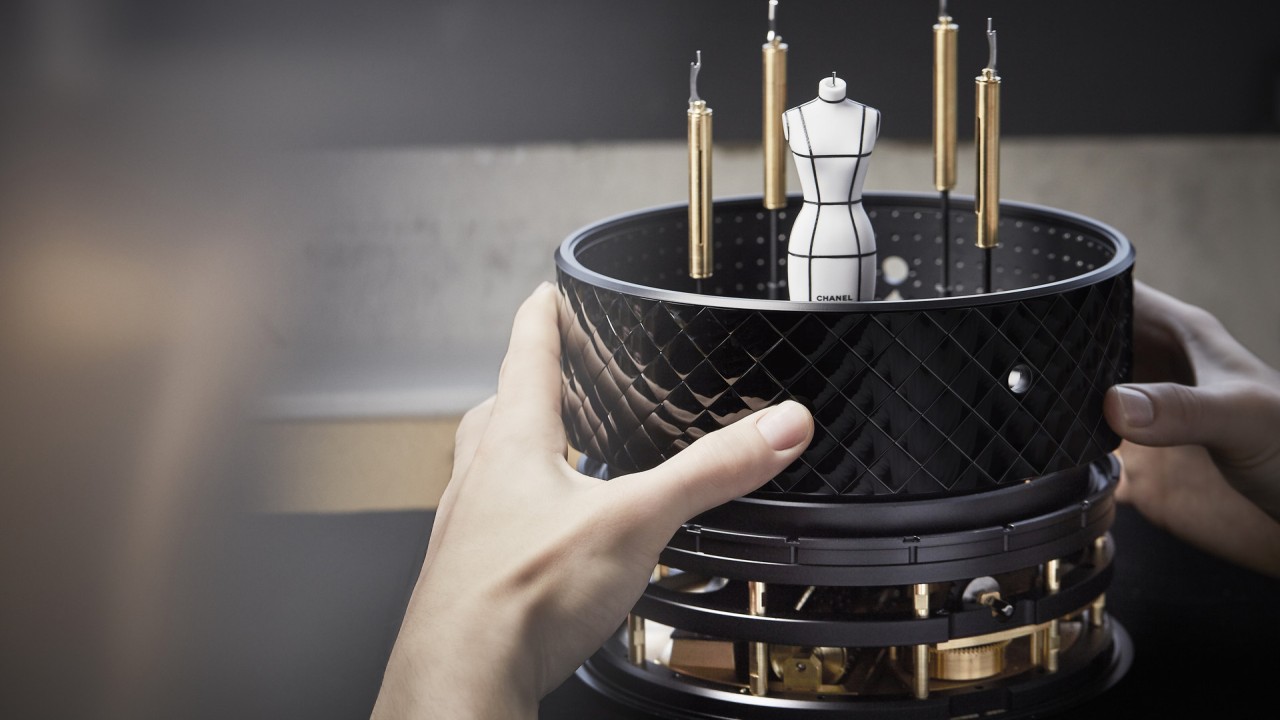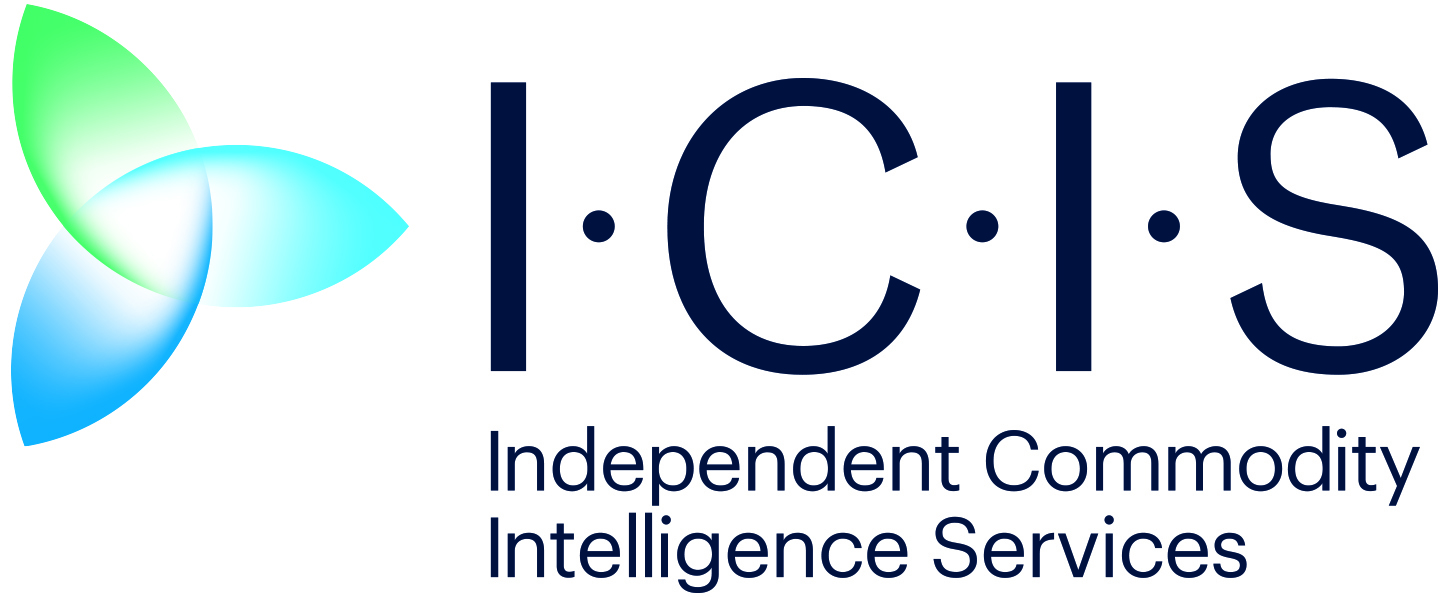
WASHINGTON — Virgin Galactic says it will fly its existing “mothership” aircraft more frequently than previously planned with its upcoming Delta-class suborbital spaceplanes, allowing the company to defer development of a new plane while also dealing with a legal dispute with Boeing. In a May 7 earnings call, Virgin Galactic executives said they expect to fly their VMS Eve aircraft up to 125 times a year once the company starts commercial service of the Delta spaceplanes, the successor to the existing VSS Unity, in 2026. That flight rate assumes two Delta spaceplanes in service.
That flight rate of three per week is 50% higher than earlier projections. That would allow the company to fly 750 customers a year and produce annual revenue of $450 million, assuming an average ticket price of $600,000, the current list price set by Virgin. That flight rate would put the company on a path to profitability.

“The third flight per week will prove highly beneficial to our business model when we resume commercial service,” said Michael Colglazier, Virgin Galactic’s chief executive, on the call. “With the launch of just our first two Delta ships, we expect to operate a robust and meaningful business with positive operating cash flow.” “The planned increase in flight cadence for our mothership Eve is a gamechanger when our first two Delta ships enter commercial service,” added Doug Ahrens, chief financial officer of Virgin Galactic.
“This is the first steppingstone in.















